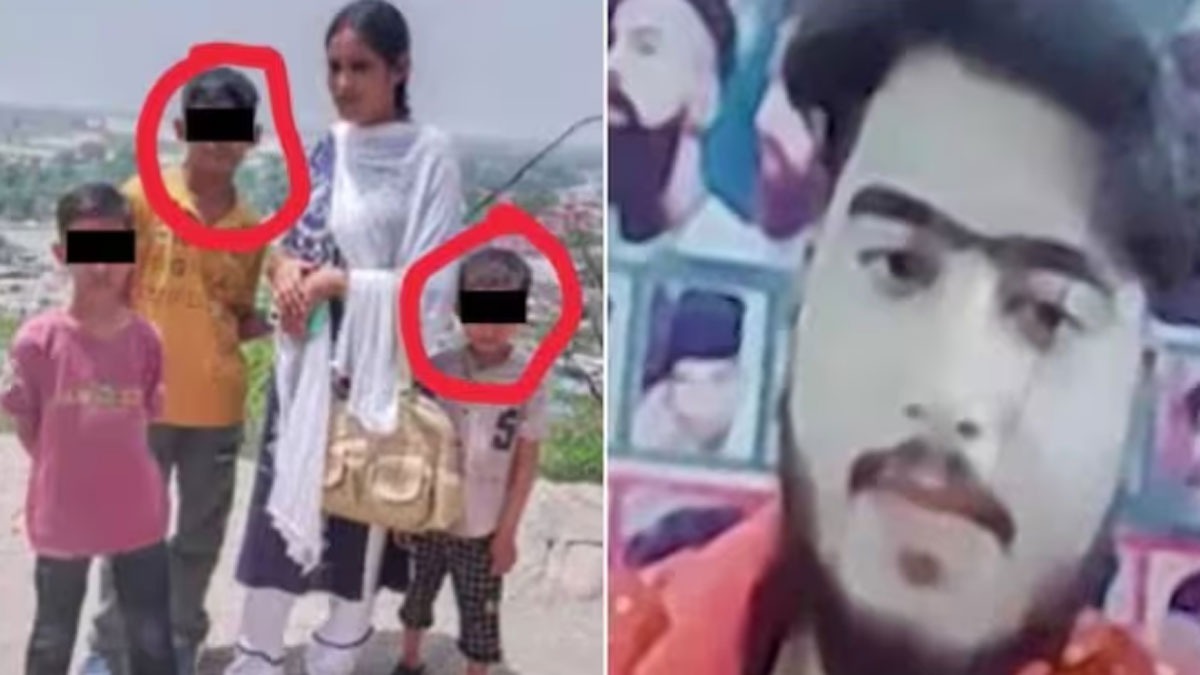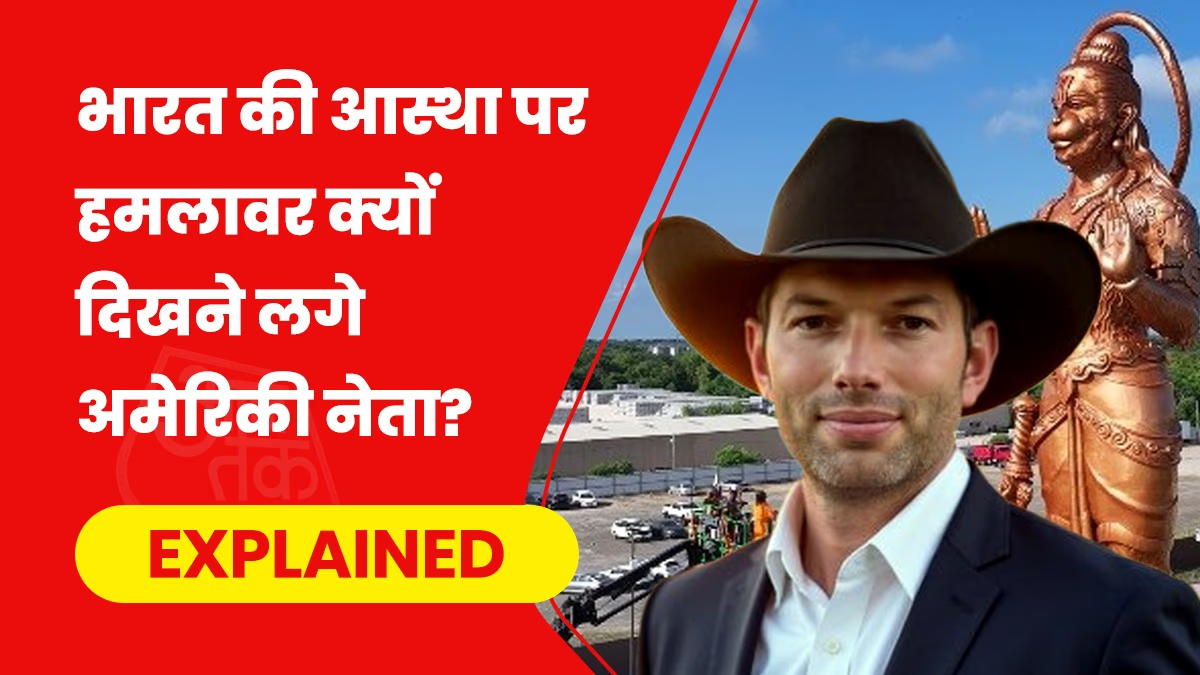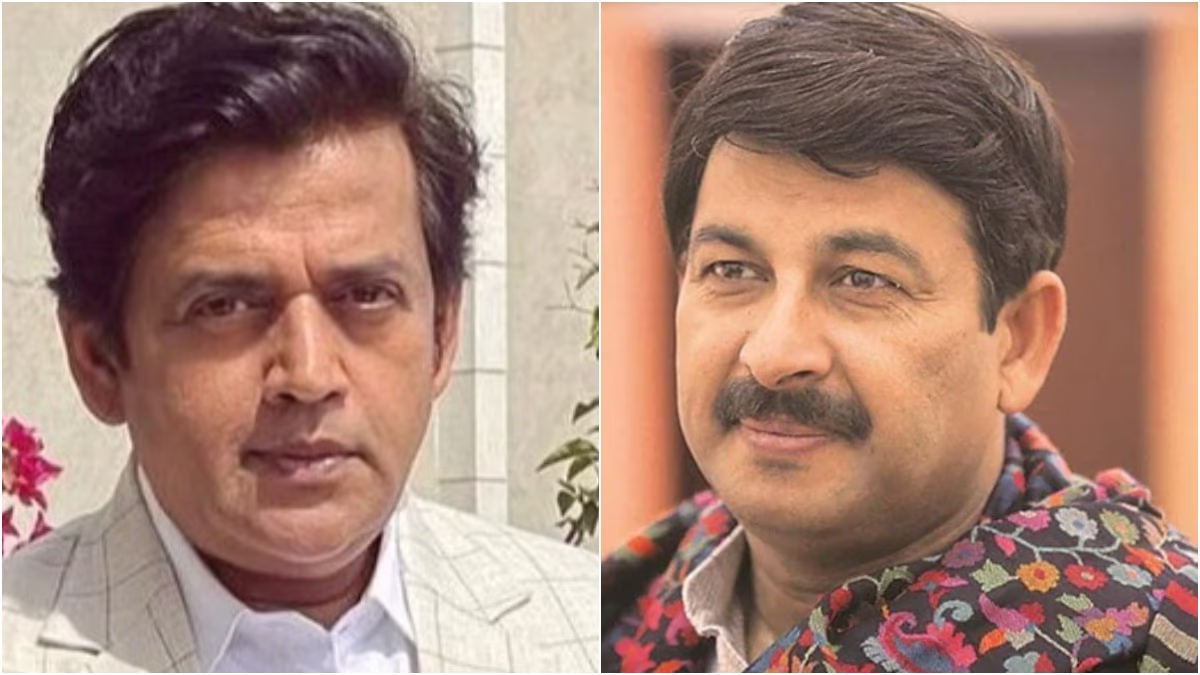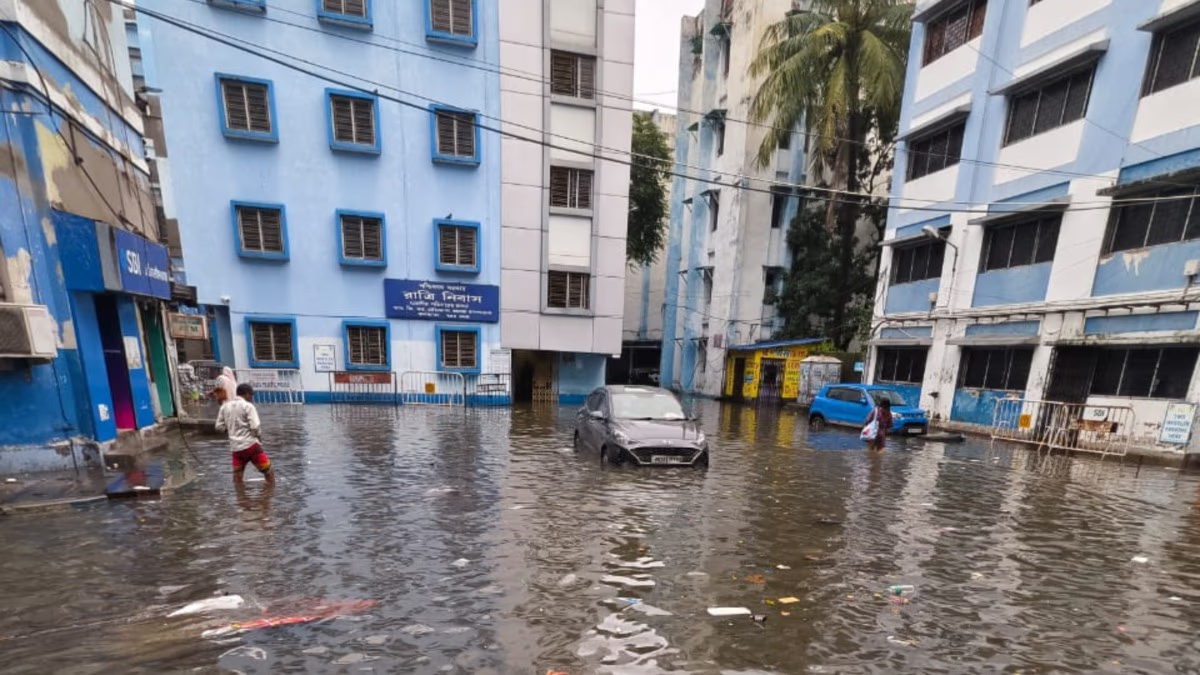The brutal slaying of two children in Badaun has triggered a storm of queries. The heinous method invoked in exterminating young lives sparks debates about the accused, Sajid's psychological and mental state. One ponders, what was coursing through Sajid's mind during the act? Was he battling a psychological ailment, or was there a dormant psychopath within him that violently surfaced that day?
The persistent inquiry in everyone's mind is what could possibly incite such rage in Sajid to end the lives of children. Sajid wasn't known to mingle with the children. Psychologists suggest that labeling this incident merely as an anger issue is reductive. It's crucial to consider what psychological state the accused was in at the time of the murder.
Sajid was mentally unwell
SSP Alok Priyadarshi revealed that upon questioning Javed, it was found that Sajid was mentally ill. This condition often made him aggressive. According to locals, he was seen as a calm individual without any history of disputes. Relatives claim he was receiving treatment at a shrine and was noted to have an irritable temper since childhood.
Anger-driven murder is extremely dangerous
The case raises concerns about the growing anger in youth, leading them to commit irreparable actions. Professor Dr. Uday Kumar Sinha, head of the Institute of Human Behaviour and Allied Sciences (IHBAS), emphasizes the severity of the issue and the necessity for paying attention. As his family remarks, 'it's better that he was killed in an encounter' indicate longstanding troubles that led to his uncontrollable rage, resulting in merciless murder.
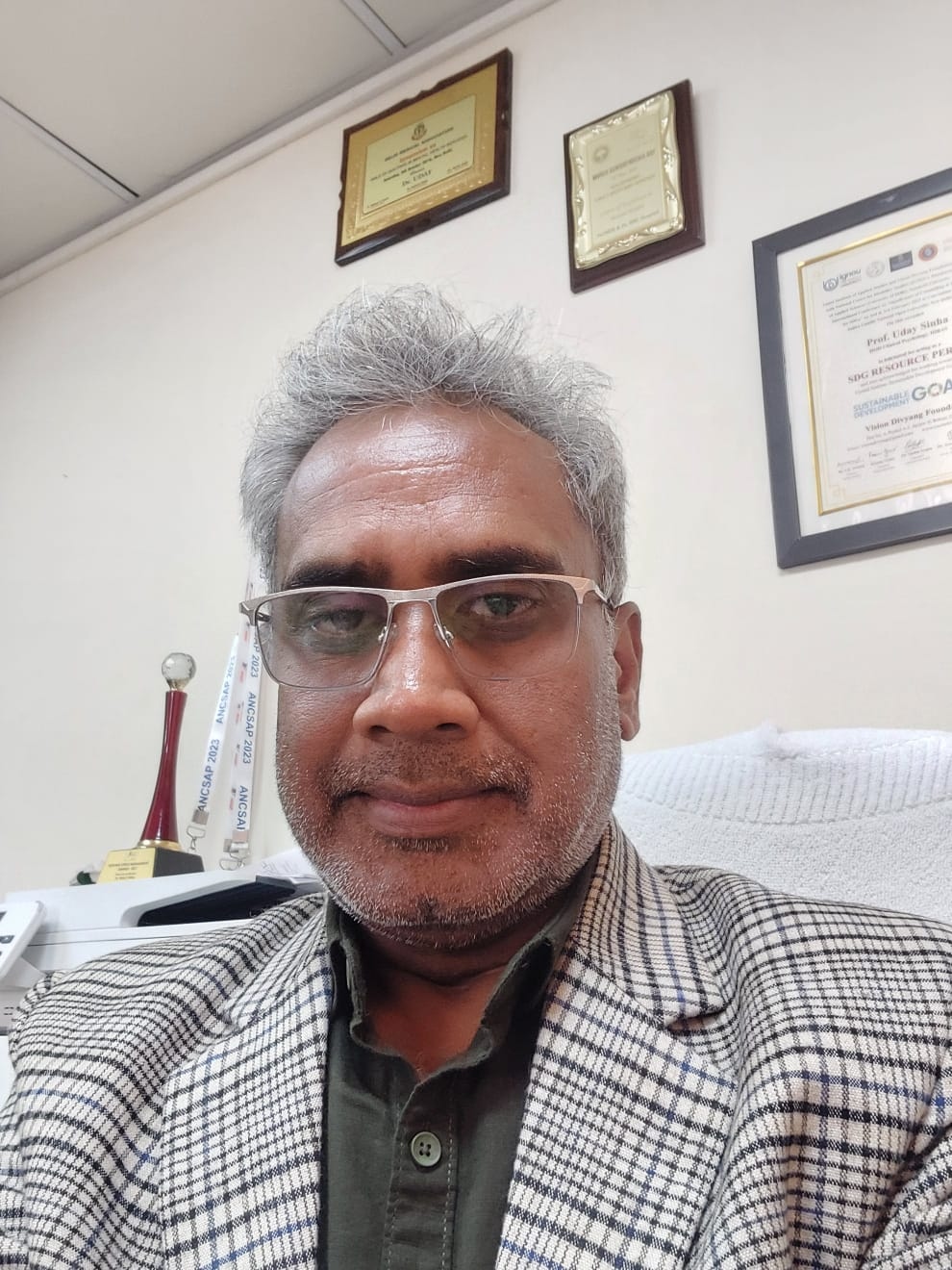
Source: aajtak
Youth are easily influenced by misguidance
Dr. Uday Sinha remarks on the susceptibility of today's youth to various influences. The myriad of information from different sources, including wrongful practices like black magic and shortcuts to wealth, lead them to act out these dangerous narratives in harmful ways.
Youth increasingly becoming victims of anger at an early age
An increase in expressions of anger is observed amongst the youth today, where they have many avenues to vent, sometimes with gruesome outcomes. Societal issues such as unemployment, poverty, lack of education, and excessive exposure to criminal content are fueling this rage.
Mental health dialogue needs to be open
According to Sinha, there's a pressing need to candidly discuss anger issues and mental health. Community rituals like religious awakenings are common, but there's a lack of forums addressing anger management. Such deliberations at a community level could help control these tendencies.
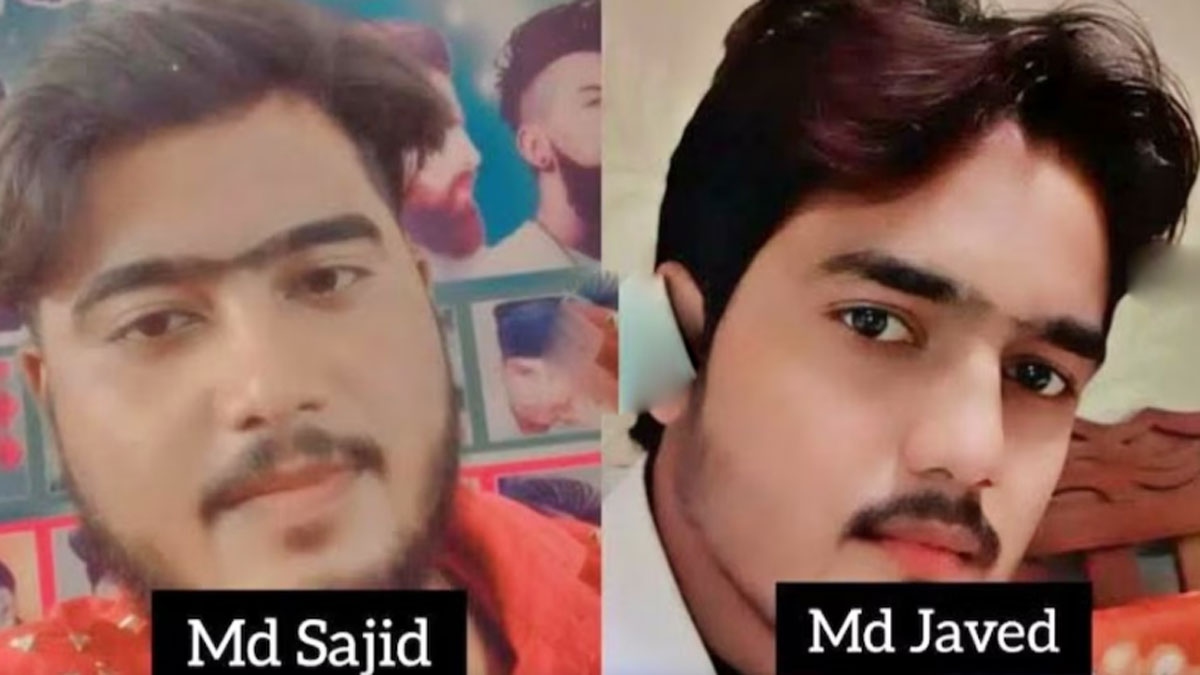
Source: aajtak
Effort to initiate community level conversations
Uday Sinha advocates for endeavors to discuss such topics at the community level, ensuring accurate information reaches everyone. Only by discussing such issues within the community can we see substantial progress.
Parents should teach their children anger management
Parents should learn to understand and manage their children's anger. Since the teachable moments are missing, society needs real conversations and discussions on how to guide the young in dealing with anger.
Understanding children's anger issues is key for parents
If children are getting angry or facing any troubles, their parents are responsible. Discarding the matter saying 'today's kids don't listen' doesn't solve anything. We cannot expect children to learn how to deal with issues not addressed by their upbringing themselves.
